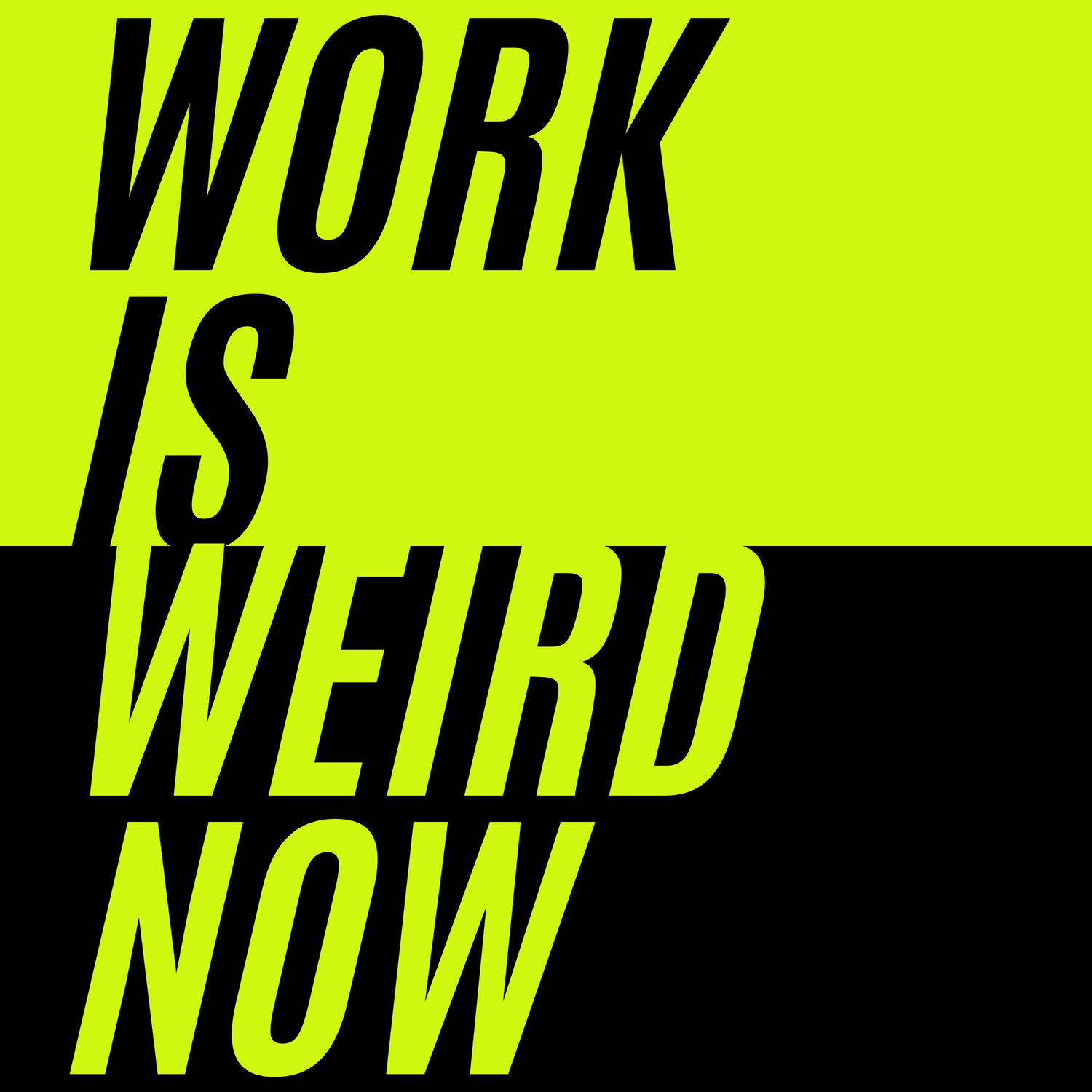What happens when we put dignity at the heart of work?
Leadership doesn’t always start in a boardroom. For Antoinette Daniel, it began with a commitment to dignity, fair pay, and justice in one of the world’s most undervalued industries: cleaning.
In our latest episode of Work is Weird Now, we sat down with the founder of Just Helpers, an award-winning ethical cleaning agency, to hear how an “accidental businesswoman” built a company that’s both successful and campaigning for systemic change.
From PE Teacher to Accidental Campaigner
Antoinette never planned to run a cleaning company. She trained as a PE teacher, with a clear trajectory towards headship. But the issue of human trafficking wouldn’t let her go. She left teaching, sold her house, trained as a missionary, and worked in grassroots anti-trafficking charities.
Running out of money, she picked up cleaning as a side hustle—and discovered a powerful way to combine her passion for justice with her need to pay the bills. Over 13 years, Just Helpers has grown into a business that champions fair pay, dignity, and systemic change in a sector too often defined by exploitation.
Redefining Identity and Dignity
The transition from teacher to cleaner wasn’t easy. Friends and family questioned her choice, and she had to wrestle with her own identity. For a time she introduced herself as an “ex-teacher.” Then she made a deliberate shift:
“I just persuaded myself to say, no, I’m a cleaner. Full stop. No explanation.”
That choice has shaped the way she leads. For Antoinette, every cleaner is a “helper” and a human first—someone contributing enormous value, often enabling clients to spend time with their children, care for loved ones, or simply breathe more easily in their own homes.
Building a Human-First Business
Antoinette designs her company around people, not processes. Interviews begin with questions like “What did you want to be when you were six?” Peer interviews give candidates a chance to assess whether Just Helpers is the right fit for them—not just the other way around. Spot checks aren’t only about cleanliness; they include questions like “How’s your family?”
But it hasn’t been smooth. Post-COVID, when the cost of living crisis hit, 50% of the team left. Antoinette describes it as a turning point:
“I’ve got to hold two things in tension—because if the company doesn’t thrive, nobody thrives. That’s the first time I had to think about that, because I’m all about the individual.”
It’s a hard balance: being human-first without losing sight of the bigger picture.
Beyond One Business: Changing the Rules
Antoinette’s ambitions don’t stop with Just Helpers. She wants to change UK VAT laws on cleaning, which she believes create conditions for exploitation and poor pay. Lowering the VAT bracket, she argues, would lead to more fair wages, reduce cash-in-hand practices, and ultimately bring more revenue into the public purse.
Her dream? For every cleaner in the UK to earn at least the Real Living Wage.
She’s also thinking about the next generation. One of her long-term visions is to create a foundation for entrepreneurial young people leaving the care system—connecting back to her own experience as a looked-after child and her belief in agency, dignity, and potential.
Why This Matters for the Future of Work
What struck us most in this conversation is how Antoinette ties everything—teaching, anti-trafficking, cleaning—into a single thread: enabling people to thrive.
Work isn’t just about productivity or profit. It’s about agency, dignity, and the ripple effects of how we treat each other. Whether it’s a child learning a sport, a trafficking survivor rebuilding their life, or a cleaner helping a family breathe easier, the principle is the same:
Put humanity at the heart of work, and extraordinary things can happen.
👉 Listen to the full episode with Antoinette Daniel on Work is Weird Now.
